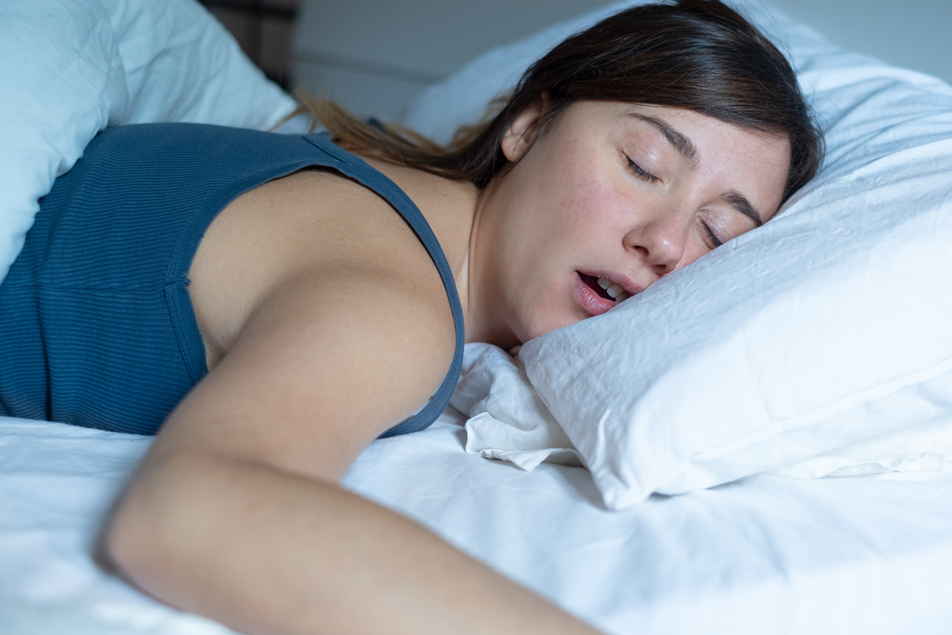
This post was written by Ram Verma, MD, Parkview Wabash Sleep Lab.
Most people will do almost anything to slow down the aging process. After all, who doesn’t want more time to enjoy life’s pleasures and the people we love? It might be surprising, but one of the keys to longevity could be managing a chronic sleep disorder. It’s no fountain of youth, but the effects are pretty powerful!
Can untreated sleep apnea accelerate aging?
Untreated sleep apnea causes sleep disruption and low oxygen during sleep, which promotes faster biological aging. Researchers at MU school of Medicine in Columbia, Missouri, studied subjects with and without sleep apnea. They used DNA methylation blood testing with an algorithm to determine biological aging. If biological aging surpasses chronological aging, it is called epigenetic age acceleration. They found subjects with untreated sleep apnea were aging faster than their chronological age.
Can treating sleep apnea reverse or slow aging?
Sleep apnea treatment restores good oxygenation and minimizes sleep disruption, which promotes good quality of restful sleep. Researchers at MU school of Medicine found that the subjects who were compliant with sleep apnea treatment showed reversal or slowing in biological age determined by a DNA methylation blood test.
There was another study done at Michigan University and the researchers compared facial images during pre-and post-sleep apnea treatment. The patient used a CPAP for two months as a treatment. The researchers used 22 different raters who identified pre- and post-treatment images. They found that post-treatment facial images were identified as more alert, youthful and attractive.
Can treating sleep apnea help with overall health?
Untreated sleep apnea is associated with many chronic health conditions, such as heart diseases, stroke, dementia, chronic insomnia, depression, anxiety, metabolic syndrome, chronic kidney disease, vision loss, sexual dysfunction, etc. Timely diagnosis and treatment of sleep apnea may help manage these chronic conditions.
What should one do if they look older than their age?
There are many reasons people look older than their true age, including untreated sleep apnea, smoking, air pollution and systemic illnesses. If you are a smoker, try to taper and quit smoking. There are some sleep and oxygen tracking wearable devices that might be helpful to make further decisions. If you snore, feel tired or fatigued, despite having 7-9 hours of sleep, please consult with a sleep medicine provider.



